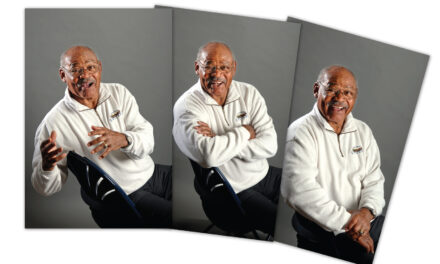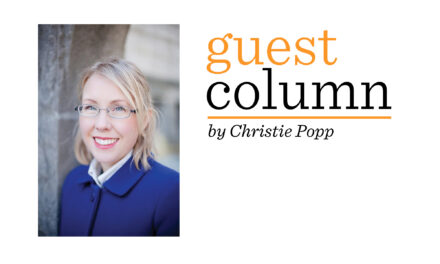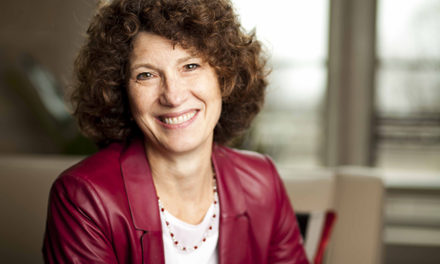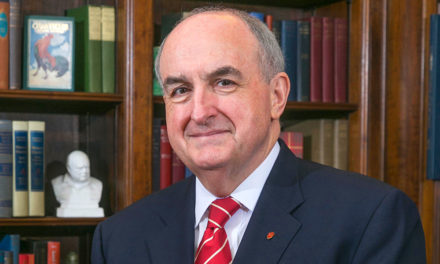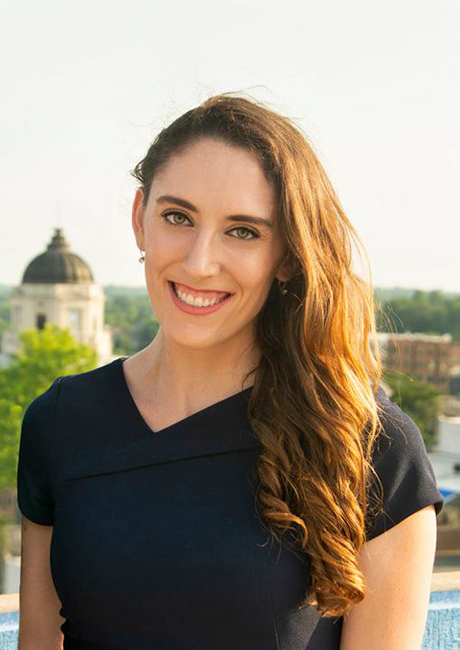
by KAISA GOODMAN
I’ve always been baffled when asked “Why did you decide to get politically involved?” because I never felt I had a choice. Each of us is impacted by politics, from paying rent to working to riding the bus to attending college. To be aware of the political factors that impact our day-to-day lives is to be outraged, to take action, and to enact change. As the saying goes, “If you’re not outraged, you’re not paying attention.”
Young people are especially impacted by politics at every level, as we will be around to see the furthest-reaching ramifications of the decisions made today. On top of this, many young people are particularly vulnerable to some of the most egregious challenges Americans face: a broken health care system, absurd costs of higher education, poverty wages, skyrocketing housing costs, systemic racial injustice, the devastating effects of climate change, and much more.
It’s no secret that voting rates are low for young people, and I see a distinct and legitimate lack of faith in the electoral system from my peers, including frustration and disappointment with the Electoral College, lack of ranked-choice voting [when voters are allowed to vote by ranking the candidates in order of preference], and elected officials. Those factors all contribute to the feeling that it doesn’t make a difference whether we vote or not. I won’t claim that the process is always fair or transparent or inspiring, but it’s our responsibility (and in our best interests) to improve it, and greater engagement from young people will change the shape of our nation.
This August was the centennial of white women’s suffrage, and it was only 55 years ago that the Voting Rights Act guaranteed voting rights to people of color. Today, it’s undeniable that voter suppression of Black Americans persists, from voter-ID laws to insufficient polling places to voter roll purging. The right to vote is not to be taken for granted, and the social responsibility lies heavy on each of us who are able to do so.
That being said, voting alone is not going to solve the countless injustices in our nation, particularly for people of color, LGBTQIA+ people, people with disabilities, low-income people, and women. It is also the responsibility of each of us to enact change with our own skills, interests, abilities, and experiences. That can take the form of volunteering with a campaign, joining a constituency caucus, donating to a candidate, taking to the streets as an activist, running for office, and much more. Our democracy depends on that diversity of approaches, and it is predicated on citizens exercising their right to vote.
It’s important to remember that there is much more on the ballot than the candidates for U.S. president (as important as that is), and that local elections have concrete and immediate impacts on our lives; so don’t disparage the entire ballot out of a belief that Indiana will vote for Trump. Last year, a Bloomington City Council race was decided by 23 votes, and in 2018 a mere 26 votes separated two judicial candidates. Voter turnout for those respective races was around 15% and 20%, respectively.
Why do we vote? We vote because it’s our privilege, our right, and our moral imperative. We vote because people of color and women and activists have fought for that right, yet so many still experience disenfranchisement. We vote out of love and rage.
Kaisa Goodman, 27, serves with Indiana Young Democrats (Ninth District chair), Ninth District Democrats (deputy chair—training), Monroe County Democratic Party (treasurer), Debs Foundation (board), and Hoosier Women Forward (board). She works as special projects manager for the City of Bloomington Department of Economic & Sustainable Development. Goodman previously worked as Monroe County Democratic Party executive director and managed electoral campaigns for Mayor John Hamilton (2019) and City Councilmember Dave Rollo (2015).


